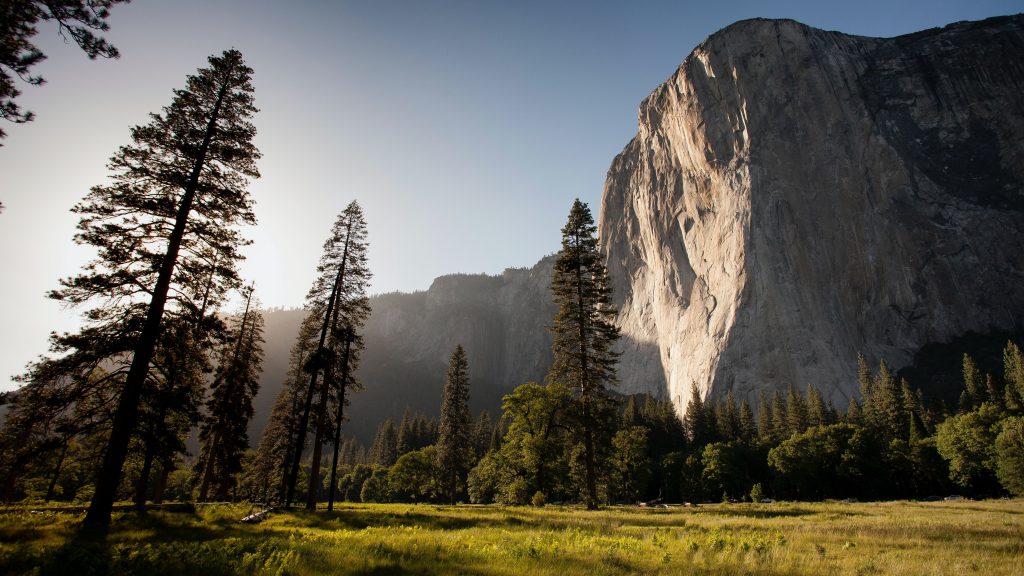Are America’s Wild Spaces Due For A Cultural Reckoning?
National parks often elicit feelings of wonderment and nostalgia, but these landmarks’ history as stolen land is seldom discussed.

National parks have long been viewed as American treasures. They feel even more important now, during the pandemic, with natural space providing a refuge for so many people across the country. Most people revere our nation’s parks, but their history and place in American politics are rarely discussed. Who owns America’s parks, and how exactly did they come to be?
Listen: Who owns America’s parks?
Guest
Ross Andersen is a deputy editor at The Atlantic and he is managing the publication’s new series “Who Owns America’s Wilderness?” Andersen says research shows Native people were dispossessed of the land that many of us now call national parks and that some argue those spaces should be returned to Indigenous peoples. The parks and Americans’ interaction with nature, according to Andersen, has weighted political implications. “There’s been so much written about the ugly ways Native Americans were forcibly assimilated into American culture … in spite of that, at least when it comes to wilderness, non-native Americans have actually assimilated culturally to Native views of (nature stewardship),” says Andersen.
The appointment of Deb Haaland to Secretary of the Interior gave many hope for progress, as she is the first Native American Cabinet member in American history. Andersen says he is optimistic about her confirmation and says she is well-positioned to address issues around the parks and land access.
Trusted, accurate, up-to-date
WDET is here to keep you informed on essential information, news and resources related to COVID-19.
This is a stressful, insecure time for many. So it’s more important than ever for you, our listeners and readers, who are able to donate to keep supporting WDET’s mission. Please make a gift today.
